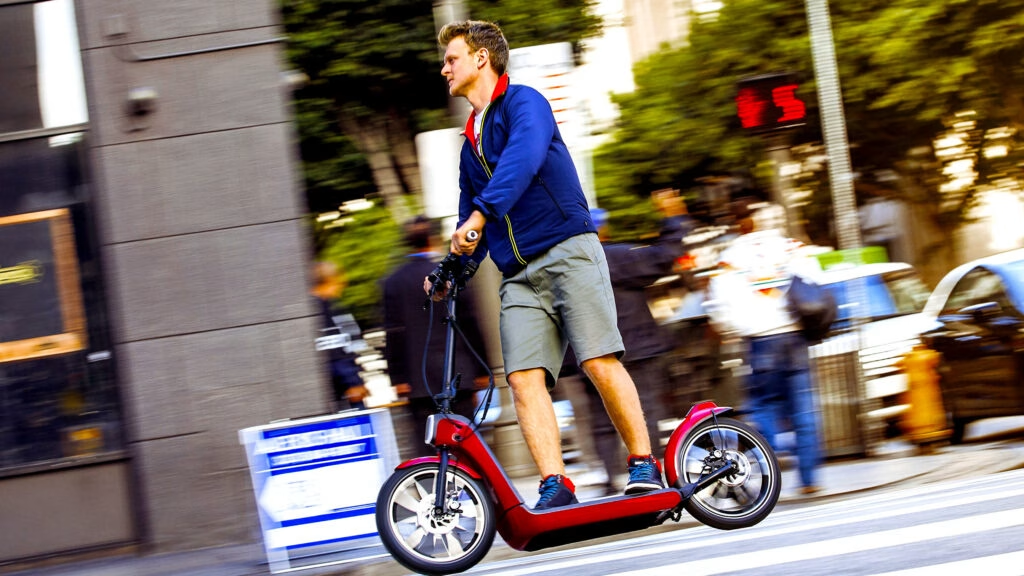Electric scooters have surged in popularity, transforming urban transportation with their promise of speed and convenience. However, as more riders take to the streets, cities are grappling with the consequences of this new mobility trend. Denver, Colorado, is stepping up to address these challenges with a series of new regulations aimed at improving safety for both scooter riders and pedestrians.
What’s Behind Denver’s New Scooter Regulations?
In recent years, electric scooters have become a common sight in cities across the U.S., offering a quick way to navigate congested streets without the hassle of parking or fuel costs. But this newfound convenience has come with a downside. Sidewalks have often turned into chaotic obstacle courses, leading to a significant number of accidents. In fact, Denver’s emergency services reported around 2,000 scooter-related injuries in 2024 alone, many of which involved collisions with pedestrians.
In response to these alarming statistics, Denver’s City Council unanimously passed new legislation that mandates all electric scooters to be equipped with technology capable of detecting when they are on sidewalks. If a scooter is detected on a sidewalk, it will automatically deactivate, preventing any further use until the rider returns to a designated area. This move aims to enhance pedestrian safety and reduce the risk of accidents.
How Will Riders Be Trained?
Alongside the technological requirements, the new regulations will also require riders to pass a proficiency test before they can use a scooter for the first time. This test is designed to ensure that riders understand the rules of the road and how to operate their scooters safely. It’s a proactive approach to fostering responsible riding habits and minimizing risks for everyone on the streets.
What’s Next for Electric Scooters in Denver?
Looking ahead, Denver plans to implement additional regulations by 2027. These will focus on parking, requiring riders to leave scooters in designated areas rather than abandoning them haphazardly throughout the city. This initiative aims to keep sidewalks clear and accessible for pedestrians, further enhancing urban mobility.
The landscape for electric scooters varies significantly across the United States. While states like Pennsylvania and Delaware have outright bans on their use, many cities have established their own rules regarding rider age, helmet requirements, and where scooters can be operated. In states like Colorado, where scooters are currently allowed on sidewalks, the new regulations could set a precedent for other cities grappling with similar issues.
What Can Other Cities Learn from Denver?
Denver’s approach highlights a critical balance between embracing innovative transportation solutions and ensuring public safety. By integrating technology with rider education, the city is taking a comprehensive stance on the issue. Other cities facing similar challenges might consider adopting similar measures to enhance safety while still promoting the use of electric scooters.
As urban areas continue to evolve, the conversation around micro-mobility will only grow. The big takeaway? Denver’s new scooter regulations aren’t just about limiting access; they’re about fostering a safer, more responsible riding culture. If you’re a scooter enthusiast or just someone navigating the city, these changes could make your experience smoother and safer. So, whether you’re riding or walking, keep an eye out for those new rules—your safety and enjoyment depend on it!

